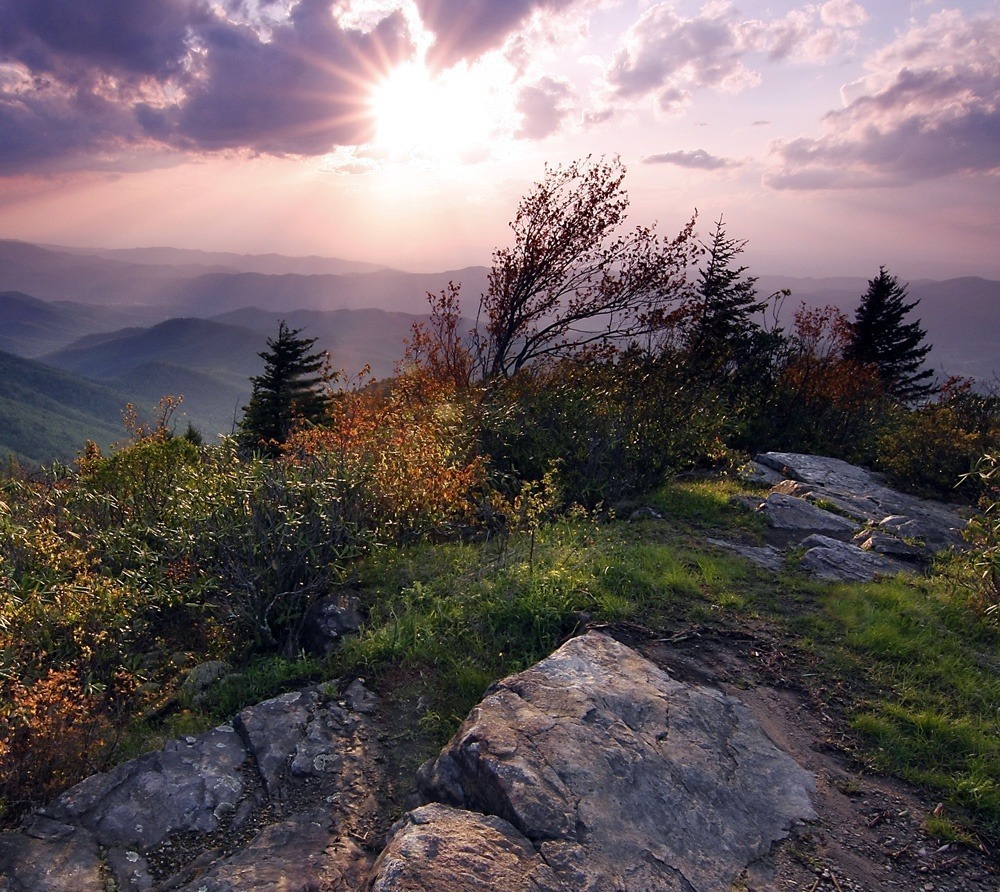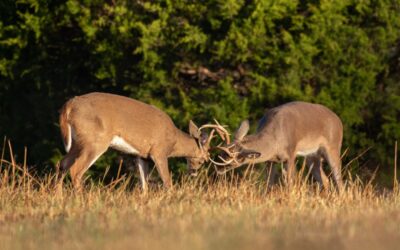Experience in the great outdoors inspires admissions essay
Freshman Max Phillips is the second person ever from Fayette County to attend Harvard University. His love for conservation is partly to thank for that.
As a high school student at Fayette Academy and a member of the school’s Hunger Challenge club, Max wrote and submitted his entrance essay—“The Two Deaths of Nature”—which expresses his outlook on the natural world.
Max’s interest in the great outdoors began early with his mother and grandfather. His mother, who grew up in New Mexico, would regularly take him out and teach about the natural world. Max’s grandfather, a college biology professor, provided a wealth of knowledge and introduced him to conservation.
“It’s important to everyone. Whether or not you can see how it shapes your life, conservation directly impacts our society and how it functions. If we neglect the environment we neglect ourselves. We don’t stand a chance without it,” said Max. As a high school senior, Max participated in the Hunger Challenge, a point-based competition among high school clubs to collect venison and raise funds for Hunters for the Hungry.
Max is on track to finish his first year at Harvard studying organismal and evolutionary biology.
The Two Deaths of Nature
By Max Phillips
Nature unites us. From the Inuit of Greenland to Tsonga of Mozambique to the inhabitants of every city, all of humanity share the same planet, the same very fragile drop of water and stone floating in the vastness of the known, and unknown, cosmos. To date, ours is the only planet amongst the stars able to support human life—adequate reason to warrant its protection. But nature offers humanity much more than sustenance; nature is purity, art, and life. Without it, we would lack not only the ability to survive physically, but also spiritually. Without nature, Mankind cannot exist in body or soul. Perhaps surprisingly, it is not the death of the first that frightens me the most. Before the famine and flood, comes the end of beauty and wonder, and with it, the death of the human spirit. As sand replaces fields of wild flowers, piles of plastic replace coral reefs and silent springs replace the raucous choruses of songbirds, we gradually lose that which has united us for eons. To live on an earth without nature is to merely exist, and yet, our very existence in a world without nature is, in itself, an impossibility.




